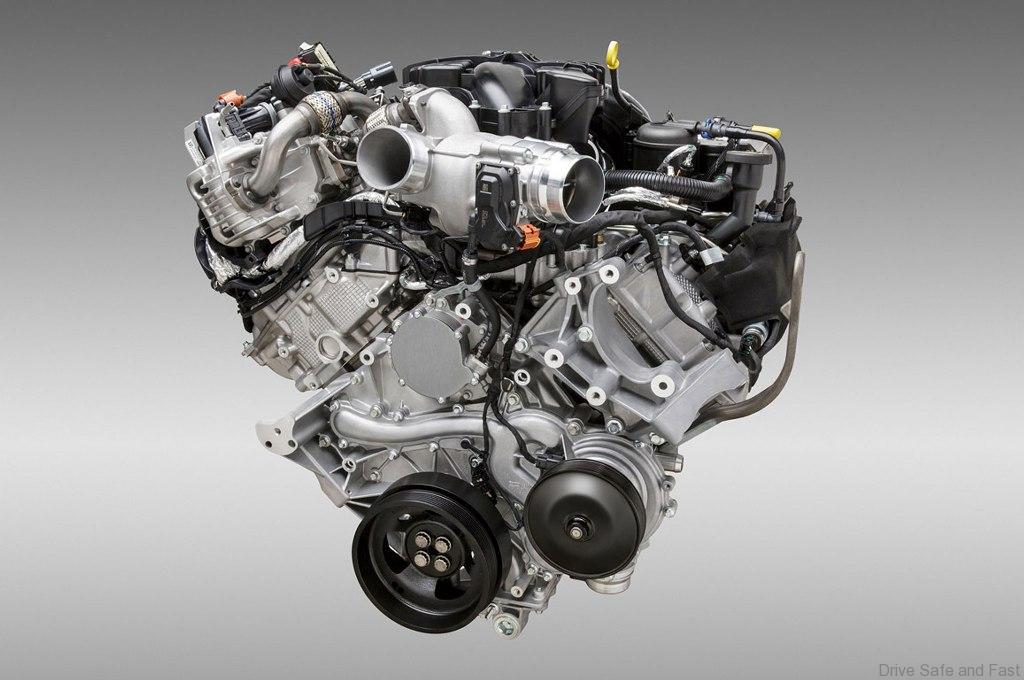Canada joins the UK and other smaller territories in the ban of fuel-burning vehicles.
Yet another country has signals its desire to end the sale of internal combustion engines within a lifetime. Canada recently announced that the sale of fuel-burning vehicles will be banned from 2035 in order to reach net-zero emissions across the country by 2050. This move was put forward by Prime Minister Justin Trudeau’s government on Tuesday and reported by Reuters.
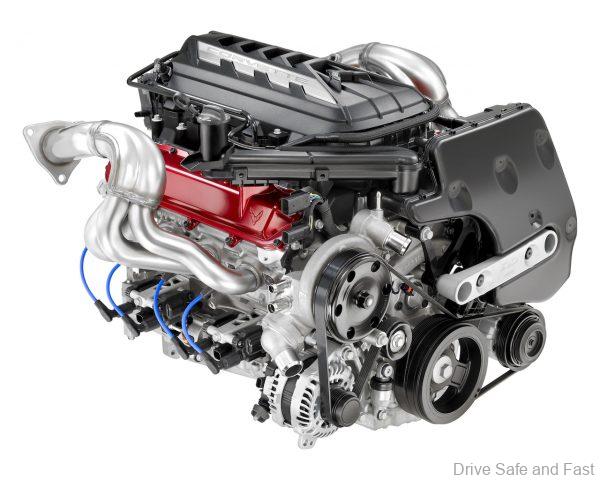
This ban would include not just passenger vehicles with petrol or diesel engines but light-duty trucks as well. As far as we can tell, heavy duty vehicles such as freight trucks and construction-related vehicles will not be affected by the ban.
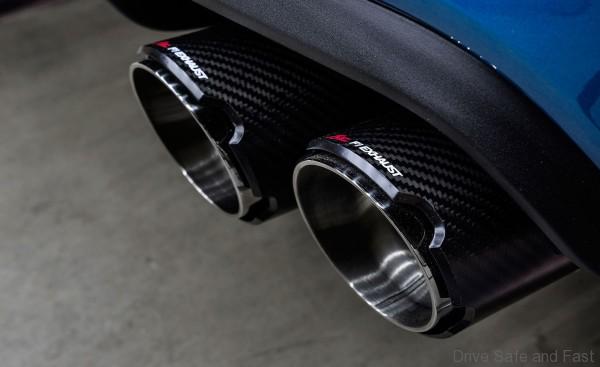
“We are committed to aligning Canada’s zero-emission vehicles sales targets with those of the most ambitious North American jurisdictions,” Environment Minister Jonathan Wilkinson said in the statement.

Canada’s current ratio of EV sales is nowhere near as high as many environmentalists want it to be. Just 3.5% of new car sales are electric.
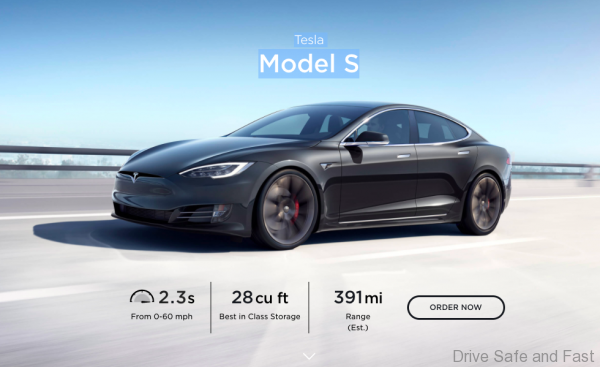
“We will work with the United States to harmonize fuel efficiency regulations and we’re investing in consumer rebates, charging stations, business tax breaks and industry transition costs,” Wilkinson added.
In the US, that number is even more discouraging at just 2%, meanwhile in China, EV sales make up for 5.7% of new car sales and Europe has the lead with 10% of new car sales being electric.
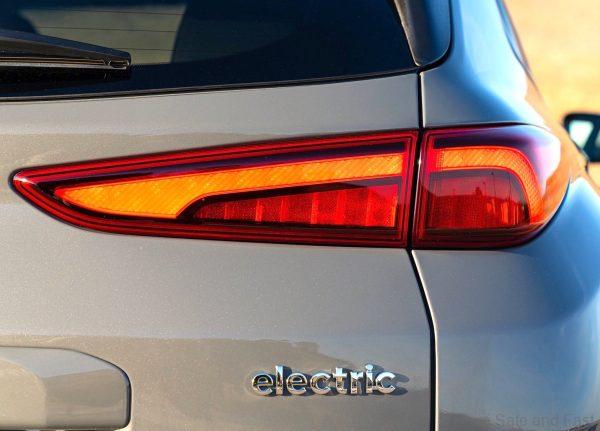
“Canada cannot reach our greenhouse gas targets if emissions from cars, SUVs and pickups, which are currently growing, are not curtailed,” said Keith Brooks, programs director at advocacy group Environmental Defence, who welcomed the move.
Smaller provincial-level bans have been put forward before. In British Columbia, the fuel-powered car and truck ban was already set for a 2040 date. The UK has already put in plans for a ban on petrol and diesel-powered sales by 2030, ahead of anything its EU member state rivals have planned. The US has yet to set a timeline for this, and is probably not going to do so at a federal level, as it would be a deeply unpopular move. Instead, the individual states have started to consider these measures. The first in line being California, who have moved to ban petrol and diesel car sales by 2035.


